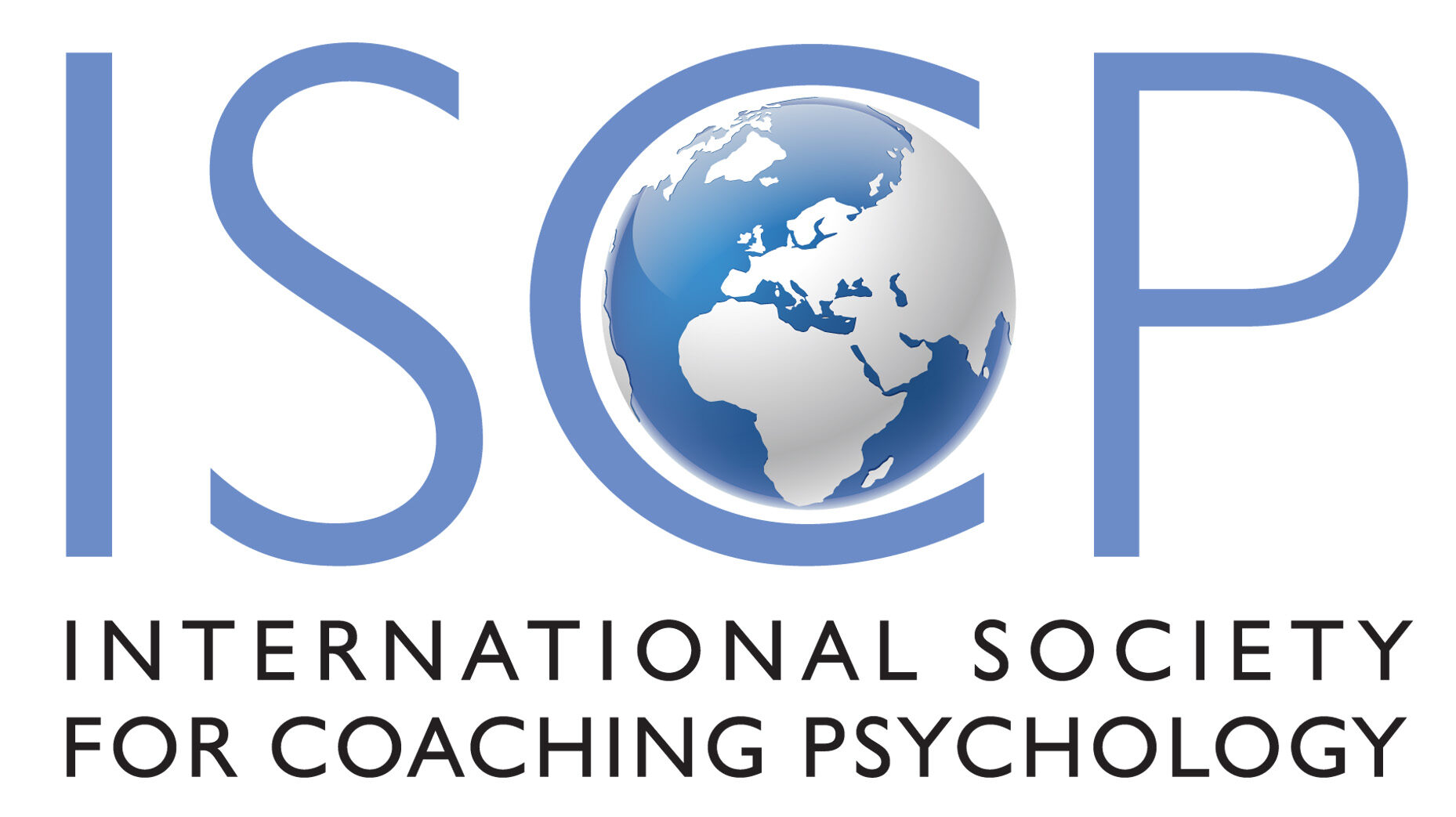Title of Research: Optimising coaching for inclusion and social justice: an investigation into the role of psychological need satisfaction.
Background
Meta-analyses on coaching effectiveness support that coaching, like other helping conversations such as therapy, can enhance people’s lives and wellbeing and support behavioural change. While we know coaching can be effective, we know less about how coaching works. Building this understanding can help scholars optimise coaching to address specific causes and challenges, for example, there is potential to develop coaching as a tool for global issues such as social justice and the climate emergency. In the case of the former, nascent evidence from the field of social psychology suggests that satisfying basic psychological needs such as autonomy, competence and relatedness through active listening can support attitude ambivalence, lower prejudiced attitudes and reduce polarisation (Itzchakov et al., 2017; Itzchakov et al., 2020; Weinstein et al., 2022). It is less well understood, how and whether other aspects of the coaching process such as offering feedback or challenging beliefs impacts on these outcomes and the satisfaction of basic psychological needs.
Aim & Method (Study 1)
This study seeks to identify and examine how a coach’s attributes and within-session coaching behaviour supports or thwarts a coaching client’s autonomous motivation and basic psychological need satisfaction across various stages of a coaching process.
The relationship between coach behaviours and proximal (within-session) affective outcomes (e.g. self-awareness, psychological need satisfaction, psychological capital, meaning) will be examined. A downstream effect on distal (post-session) outcomes including goal internalisation (intrinsically motivated), goal commitment and goal attainment will also be explored.
This study employs a semi-longitudinal design measuring outcomes across a series of three coaching sessions. Multi-level modelling will allow us to identify how much of the variance of outcomes can be attributed to the coach, the coaching client or the coaching session.
Outcomes
Understanding how coaching behaviours across the coaching process relate to coaching outcomes examined through the lens of Self Determination Theory (Ryan & Deci, 2017). Insights will expand our understanding of coaching in contexts where goals might be externally set, such as within organisational settings or when targeting broader systemic topics.
Rationale
To optimise coaching for the purpose of facilitating increased motivation and commitment towards inclusion and social justice.
Information
Institution: University of Reading, School of Psychology and Clinical Language Sciences
Type of Degree: PhD (Psychology)
Title of research: Optimising coaching for inclusion and social justice: an investigation into the role of psychological need satisfaction.
Supervisor: Professor Netta Weinstein
Start and predicted finish: Sep 2021 – Sep 2024
University departmental website URL: https://www.reading.ac.uk/pcls
Contact email address: f.k.t.moin (at) pgr.reading.ac.uk
